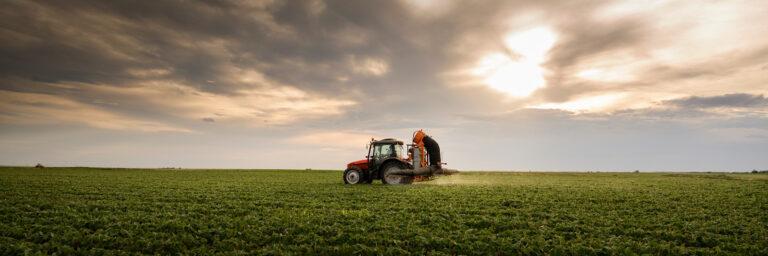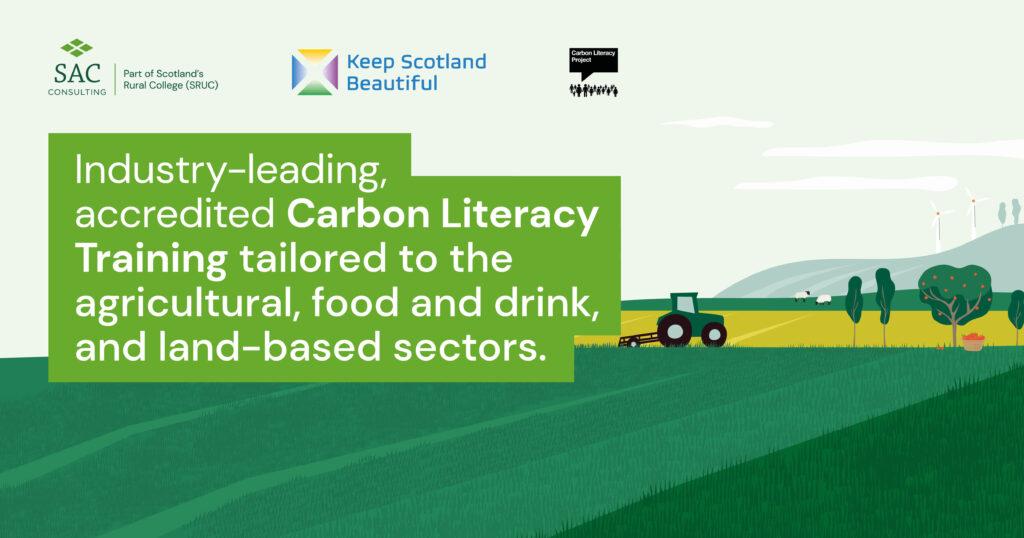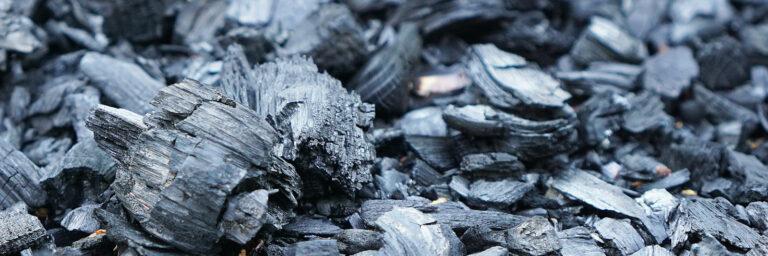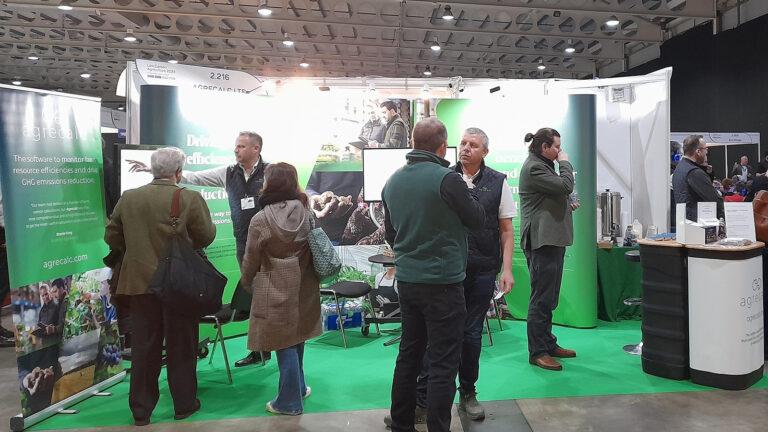
April Business Update: SRUC
After two years of operation as a Limited Company, Agrecalc became part of Scotland’s Rural College (SRUC) as of 1 April 2025.
SAC Consulting (part of SRUC) and environmental charity, Keep Scotland Beautiful, are now delivering opportunities for people operating in the agricultural, food and drink, and land-based sectors to gain a recognised qualification in Carbon Literacy to futureproof their business and support Scotland’s net zero ambitions.
With a growing emphasis on sustainable business activity to access funding, and on the measurement and reduction of carbon footprints and scope 3 emissions in the rural, food and land-based industries, it is crucial that there are opportunities to build a broad understanding of the carbon landscape, terminology, and technical information.
The accredited training is designed specifically for the rural industries to put the power in their hands. It will support businesses to embed and enable sustainable behaviour changes with the same foundation of knowledge for everyone, effectively levelling the playing field towards the Just Transition to net zero whether participants manage a croft, farm, estate, SME, or global multinational.
Carbon Literacy, and the management of carbon assets and processes, is considered to be key to the future of land management, agriculture, and food and drink production, which all hold significant carbon impacts for Scotland.
Once accredited, teams can embed the knowledge and skills to take tangible action towards measuring and reducing carbon emissions from everyday activities in their business.

“Our aim is to offer a valuable training course and recognised accreditation for those working in these industries to own the space, and positively lead the movement towards net zero for their own businesses, as well as within their local communities and the wider industry.”
Andrew Lacey, Head of SAC Consulting and Vice Principal of Commercial at SRUC
Andrew Lacey, Head of SAC Consulting and Vice Principal of Commercial at SRUC, said:
“We all have a responsibility to ensure that we can collectively understand the carbon impacts of our work, and our life choices, and can consider these everyday actions to positively impact climate change.
“Our aim is to offer a valuable training course and recognised accreditation for those working in these industries to own the space, and positively lead the movement towards net zero for their own businesses, as well as within their local communities and the wider industry.”
Catherine Gee, Deputy CEO of Keep Scotland Beautiful added, “Our Just Transition to net zero in Scotland requires innovation and cross-sector collaboration at an unprecedented scale and speed. We all need to think differently, openly, and creatively about the challenges, possibilities, and opportunities ahead.
“Our partnership brings together expertise and credibility from SAC Consulting and Keep Scotland Beautiful to provide accredited Carbon Literacy training for the rural industries. Experts from both organisations have developed this new, certified course tailored specifically for agriculture, food supply chain, and land-based businesses in Scotland.
“The training will empower businesses working in these industries to develop and implement credible and feasible plans for measuring and reducing carbon emissions and catalyse behaviour change at scale.”
Details on the new training course from SAC Consulting and Keep Scotland Beautiful are available here: www.keepscotlandbeautiful.org/carbonliteracy-ruralindustries

After two years of operation as a Limited Company, Agrecalc became part of Scotland’s Rural College (SRUC) as of 1 April 2025.

Biochar is a carbon-rich material produced by pyrolysing biomass, which offers a variety of potential agronomic benefits. In this guest article, Black Bull Biochar discusses how these effects work together to bolster productivity, sustainability, and resilience in farming.

The Agrecalc team is looking forward to welcoming you at our stand (2.844) at this year’s Low Carbon Agriculture Show, taking place on March 5 and 6, at NAEC Stoneleigh near Kenilworth.